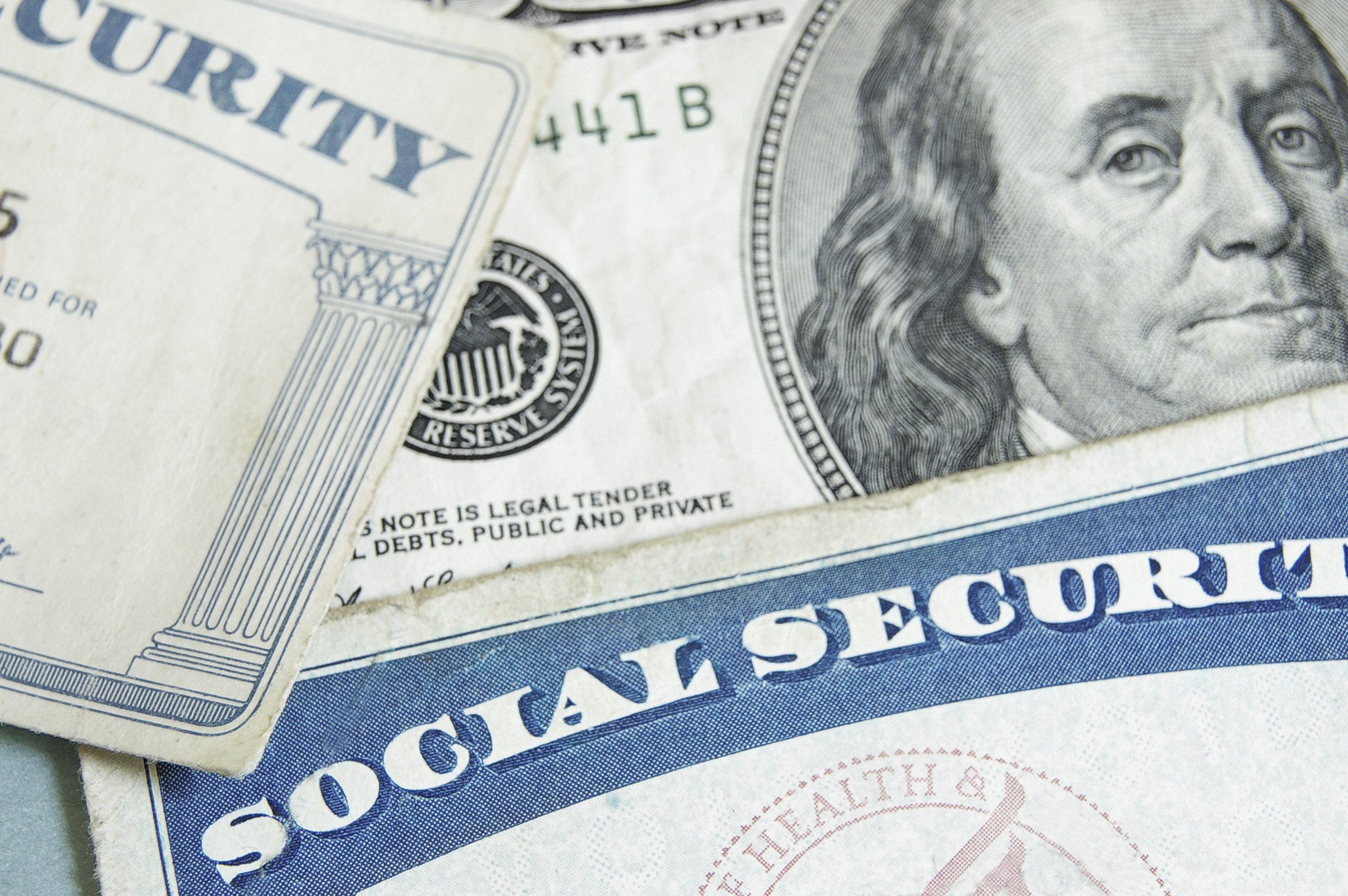Of the various ongoing expenses Americans face, healthcare is unquestionably a big one. But while some medical bills may be unavoidable, there are steps we can all take to minimize our costs -- namely, by getting ahead of health issues before they escalate.
But nearly half of Americans aren't seeking preventive care. In fact, only 54% of U.S adults visit a doctor for that purpose, according to Lively's 2019 Wellness & Wealth report. Meanwhile, 28% of Americans only visit a medical office when they're actually sick, and 18% only go when the issue at hand is truly catastrophic.
Not shockingly, the same report found that wealthier Americans are more likely to go to the doctor preventively, while lower-income folks tend to only go when they feel they have no choice. It's the latter group, however, that risks even costlier bills when they neglect health problems that turn into more serious issues over time.

IMAGE SOURCE: GETTY IMAGES.
Be vigilant about your health
It's easy to understand why someone might avoid seeing a doctor for something as seemingly minor as a nagging cough. After all, who wants to fork over a copay when that money could be spent elsewhere?
The problem, however, is that even trivial health problems have the potential to worsen if they're not promptly addressed. Imagine a sick visit to the doctor for a persistent cough costs you a $25 copay. If you don't go, and that cough turns into pneumonia, landing you in the hospital, you could easily be looking at a $1,000 emergency room bill instead.
That's why it pays to get ahead of health issues, and also, to practice preventive care. In fact, most health insurance companies don't charge a copay for annual physicals, so if you opt to get one, chances are, the only thing you'll be giving up is your time. But that yearly checkup could reveal a brewing problem that your doctor is able to nip in the bud before it puts your health at risk and costs you more money to deal with.
Make your healthcare costs more manageable
If you've been neglecting the doctor because you feel you can't afford it, you should know that there are steps you can take to make your medical expenses easier to manage. For one thing, set a budget, and reduce your spending in other areas to make room for healthcare spending. That may mean cutting back on things like takeout meals and rideshares, but your health is more important than those conveniences.
At the same time, look at tax-advantaged ways to pay for medical expenses. One such option is a flexible spending account, where you can allocate pre-tax dollars to pay for things like doctor visits, prescriptions, and medical equipment and supplies. The annual contribution limits for flexible spending accounts change from year to year, but in 2019, you can fund one with up to $2,700. Max out your account, and that's $2,700 of earnings the IRS won't tax you on. The only catch with flexible spending accounts is that they work on a use-it-or-lose-it basis, so you'll need to be careful not to put more money into your account than you need in the course of a year.
If you have a high-deductible health insurance plan, defined as $1,350 or more for individual coverage, or $2,700 or more for family coverage, you can open a health savings account and contribute up to $3,500 this year as an individual, or up to $7,000 at the family level. And if you're 55 or older, you can put in another $1,000 on top of whichever limit applies to you. Unlike flexible spending accounts, health savings accounts let you carry a balance from year to year. In fact, you're encouraged to carry a balance over time, because the money that sits in your account can be invested for tax-free growth.
Health savings account contributions are also made with pre-tax dollars. That means you'll reap some instant IRS savings for funding one.
Not taking care of your health is one of the biggest mistakes you can make, both from a physical and financial standpoint. If you've been guilty of avoiding the doctor for money reasons, carve out room in your budget for medical costs and find ways to pay for healthcare on a tax-advantaged basis. Otherwise, you'll only continue hurting yourself.





